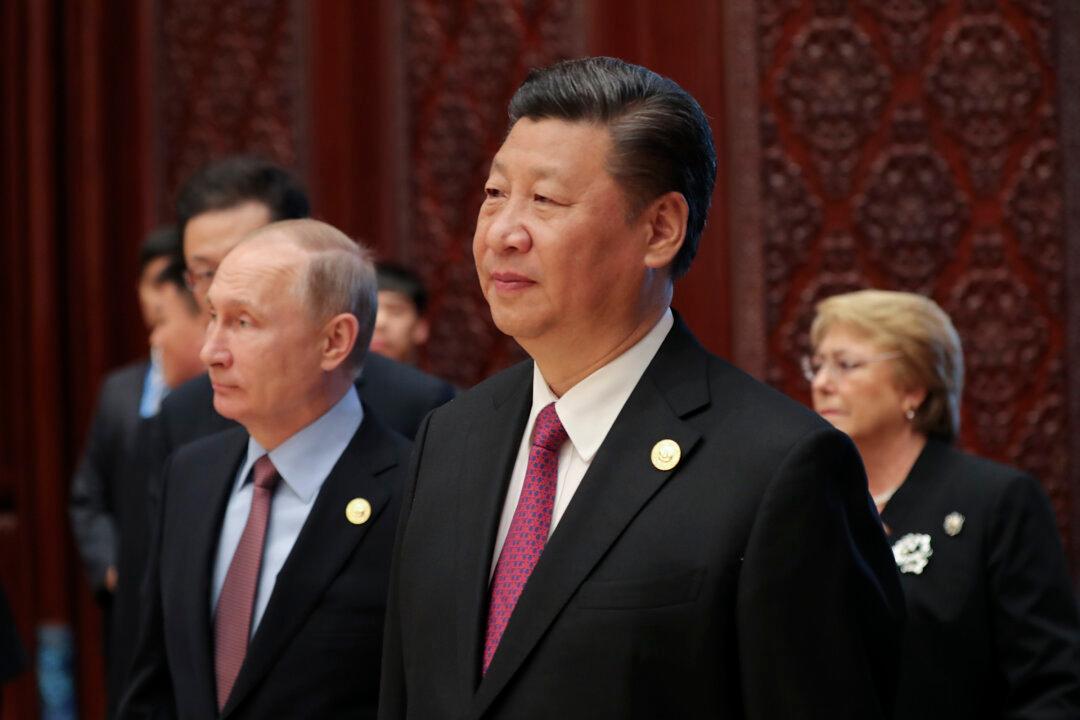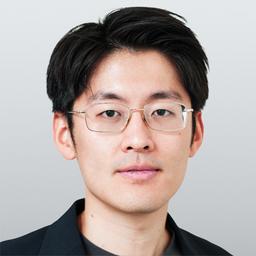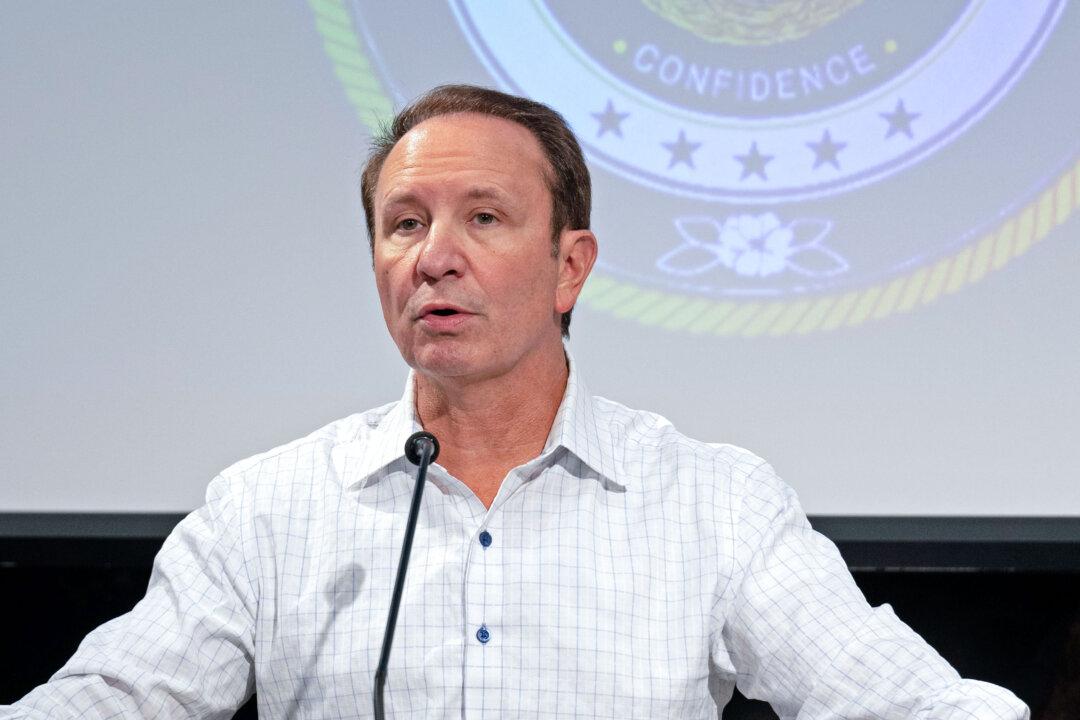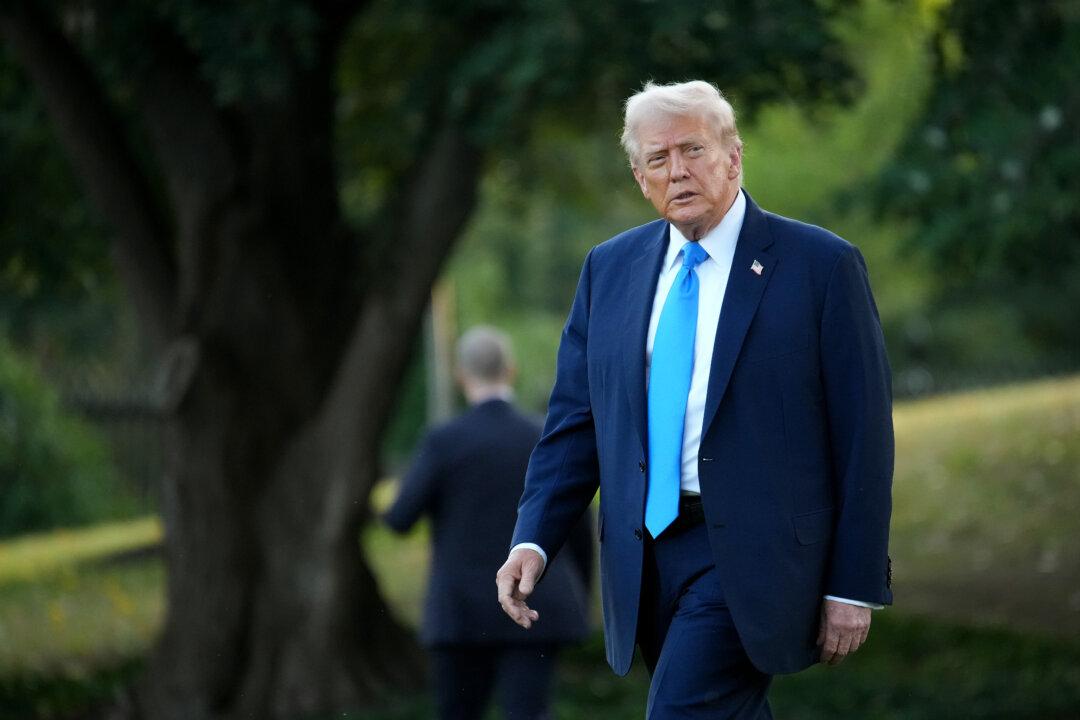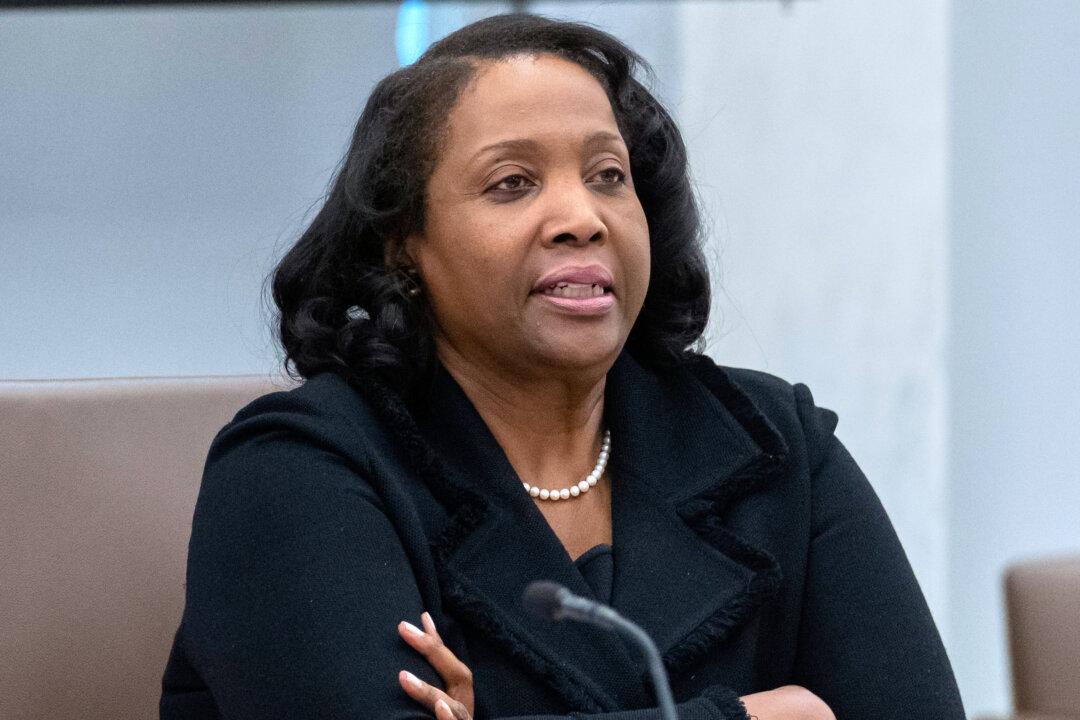A policy advisor for the Chinese Communist Party’s (CCP’s) cabinet-like State Council who called for Beijing to distance itself from Russia’s war in Ukraine was censored on the country’s internet, the latest voice criticizing the invasion to be silenced by the communist regime.
Hu Wei, vice-chairman of the Public Policy Research Centre of the Counsellor’s Office of the State Council, wrote to warn the CCP’s decision-makers of what he predicts will be Russian President Vladimir Putin’s defeat and “a short time window” for China to pick sides between Russia and the West.
